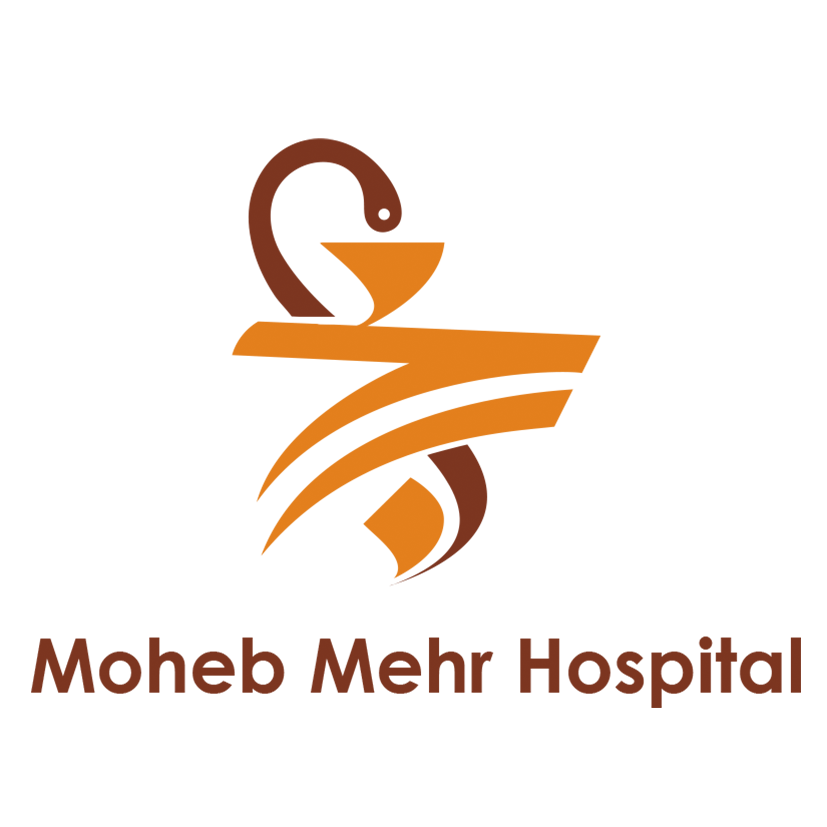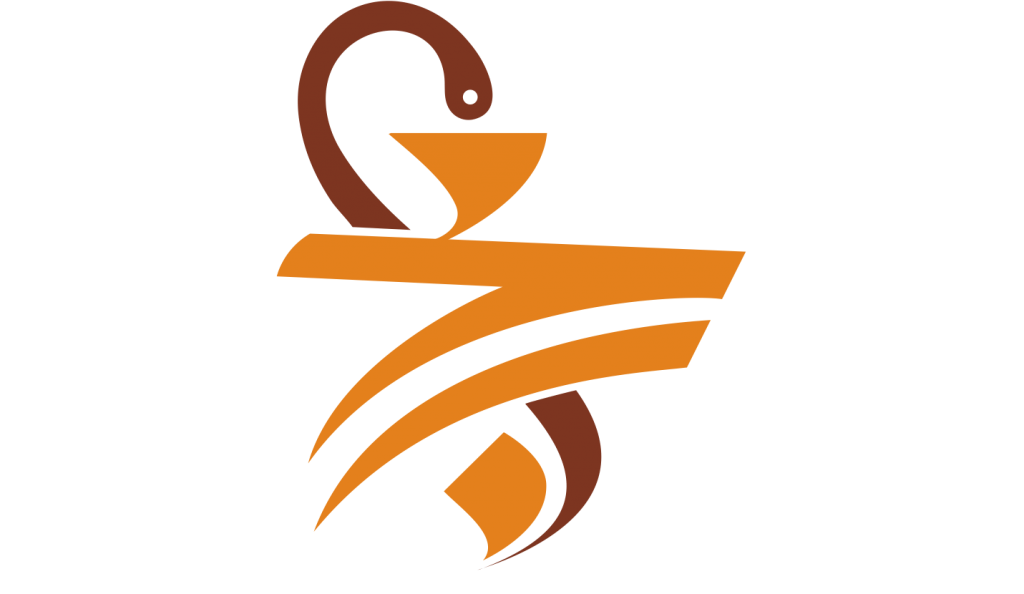Getting to know the international department:
Medical tourism is a field of tourism that provides the possibility of providing medical services as well as tourist services to foreigners. The most important poles of medical tourism are countries such as India, Singapore, Thailand, and the Philippines, and Iran also has capabilities that can find a privileged position in the world’s medical tourism. Therefore, it is considered as an aspect of service export.
Medical tourism or medical travel, or health tourism, as the saying goes, is travel to other countries to undergo surgery, medical and dental care, cosmetic procedures, benefit from natural health factors such as mineral water springs, etc. For the first time, travel agencies and the media observed the communities that had a rapid growth in attracting tourists and especially travelers seeking medical treatment.
>Medical tourism is not just providing medical services, but it is based on the logic that medical treatments along with rest and leisure and tourism caused by a foreign trip can help accelerate the recovery and health of human beings. Considering the high level of medical science and the capability of Iran in providing medical services and the existing potential in this field, especially strong experience in treatment and difficult treatments on the one hand, and the possession of natural and touristic attractions in the land of Iran, it is very necessary that the plan and strategy Strengthening and benefiting the medical tourism industry and business in a joint cooperation between the Cultural Heritage Organization, the Ministry of Health and Medical Education and the Trade Development Organization of Iran should be regulated and formulated, but also another step in the direction of introducing Iran as a powerful scientific hub and to Special medical science in the world should be removed.
The existence of four seasons nature in Iran along with warm and mineral waters elevates the position of this field of tourism industry compared to other fields.
International Patient Department at Moheb Mehr Hospital:
One of the administrative departments of Moheb Mehr Hospital is the International Patient Department. In fact, Moheb Mehr Hospital is the first medical center with a separate unit under this name in the country. Since 2004 and after the increase of foreign visitors to this center, the international relations unit has been formed in order to serve and increase the satisfaction of foreign patients and their well-being. The difference in currency and the high quality of medical services are among the medical attractions of Iran and Moheb Hospital for foreigners and especially for the countries of the region such as Azerbaijan, Iraq, Afghanistan, Turkey, Oman and Tajikistan. Moheb has been according to the world standards (through modern management of facilities and equipment), this hospital has become a reliable center and many patients from Thailand, Kenya and India are treated for kidney and urinary tract, cardiovascular, orthopedic, and surgical diseases. General, gynecology, kidney transplant, orthopedics and surgeries refer to this center.
Among the outstanding facilities of this center, the following can be mentioned:
- Separate reception for foreign patients.
- Interpreter based in the hospital in English, Istanbul Turkish, Azeri and Arabic languages.
- Specialist doctor for foreign patients based in the clinic.
- Ability to respond to patients’ emails and calls online.
- Internet access during hospitalization.
- Access to movies in the main languages and DVD players in patients’ rooms.
- Indian, Azeri and Arabic dishes menu.
- A memorial gift to foreign patients at the time of discharge.
This center manages and facilitates all matters related to the treatment of foreign patients from before they enter the country until they are discharged from the hospital.
International patients get to know Mohib Mehr Hospital in different ways. The hospital’s website, various contacts (which can be a doctor, a specific person, or a company) and also loyal customers are sources of introduction to the hospital. There are two ways to refer to them: In the first case, the patient goes directly to the hospital without prior coordination with the international relations unit, and then gets to know and accompany the members of this unit. In the second case, the patients are connected with the international relations unit by sending their medical documents and records via email, and after the doctor’s opinion is communicated to them, the other stages of obtaining visas, tickets, etc. are facilitated, and the patient and his companions go to the country. Future. Upon arrival, they are introduced to the members of this unit and are greeted and welcomed, and in this way, they are accompanied step by step in all treatment stages by the tourism therapy expert.
During the entire period that the patient has to be in the hospital, tourism therapy experts visit him daily and make sure that his conditions are appropriate. At this time, if the patient needs something special, he will share it with the tourism therapy expert, or if the patient, nurses, and doctors need translation, they will communicate with each other with the help of the tourism therapy expert, and thus all matters Related to the treatment process of a foreign patient is facilitated by this unit.
After almost two weeks have passed since the patient’s discharge, the tourism therapy expert calls him and inquires about his condition, and if the patient has any questions about his current condition or, for example, how to take medicine, etc., the tourism therapy expert will answer them. He discusses it with the patient’s doctor and then informs him of the doctor’s answer, which is called monitoring.
Members of International Affairs Unit of Moheb Mehr Hospital:
The members of this unit include the head of international relations and medical tourism experts.
The most important duties of the head of the international relations unit:
- Managing the process of control, supervision and monitoring in the department.
- Setting goals and planning to achieve them. (quality, satisfaction, educational and financial goals)
- Setting the personnel schedule.
- Management of personnel performance evaluation process.
- Performance-based pay to subordinate employees.
- Registration of documents and management of S.C. indicators
- Receiving and following up on complaints.
- Anticipate, request and track the resources and requirements needed by the department.
- Acquaintance and introduction of new employees.
- Supervising the receipt of salaries of service recipients.
- Succession and training of qualified people.
- Introducing the hospital to companies, hotels and airline agencies active in the field of medical tourism.
- Holding international board committee continuously.
- Notification and follow-up of the approvals of the International Bard Committee.
The most important duties of medical tourism experts:
- Receive orders from the relevant supervisor.
- Admitting foreign inpatients and outpatients.
- Obtaining patient information in full and providing necessary explanations to patients about hospital costs and approximate costs during admission.
- Providing complete information to the patient during admission (inpatient and outpatient)
- Providing the package prepared in the tourism therapy unit according to the nationality and age of the patient.
- Welcoming the patient and his companion.
- Accompanying the patient to perform paraclinical work and hospitalization in the ward.
- Attending the ward when the patient is admitted by the nurse to translate the required information.
- Daily visits to hospitalized patients and submission of daily visit reports.
- Appointment of the clinic according to the patient’s illness.
- Presenting the daily statistics report of outpatients and inpatients.
- Referring patients’ medical files to the relevant doctor and following up the results from the doctor in writing.
- Announcing the result of the referred medical case with the estimated cost and number of days of hospitalization.
- Taking pictures of patients during hospitalization
- Providing gifts to foreign patients and reporting their number.
- Providing English bills to the patient.
- Provide a description of the patient’s procedure.
- Providing documents related to the patient at the time of discharge.
- Internet and computer coordination for foreign patients.
- Coordinating to play the required movie according to the nationality of the patient.
- Monitoring foreign patients 2 weeks after discharge and following up on patients’ questions during monitoring.
- Collecting and recording the financial information of foreign patients. Submitting the patient introduction report by the liaisons to pay the fee when the patient is discharged.
- Introducing new contacts to the international unit.
- Translation of the texts required by management and responsible.
- Inviting the members of the therapeutic tourism committee continuously (every 2 weeks) and obtaining the signatures of the members of the therapeutic tourism committee.
- Preparation and preparation of letters required by patients, such as obtaining a visa, extending a visa, describing the patient’s procedure, required dollars, etc.
Internal rules and regulations governing the international relations unit:
- Honoring clients with the same method during all working hours.
- Proper behavior.
- punctuality.
- Appearance beauty along with moral and Islamic affairs.
- Adhering to the administrative hierarchy based on the organizational chart.
- Having the speed of action in doing things.
- Compliance with general and specific rules and regulations of the hospital.
- Observance of trust in hospital property and saving money.
- Complying with all current standards in the hospital including accreditation, clinical governance and ISO in the form of completing the necessary documents.
- Compliance with all occupational safety principles based on safety documents.
- Observance and preservation of human dignity by all colleagues at all levels.
- Keeping secrets and confidentiality of hospital information.

